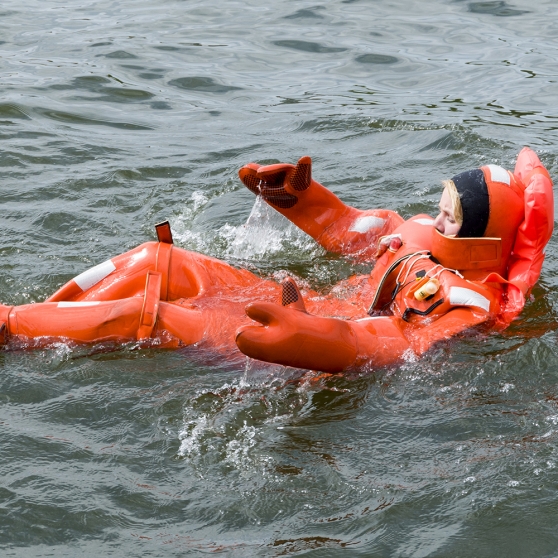Seasons Change — and So Does Your Body
Hypothermia occurs when you are exposed to cold temperatures for too long and your body begins to lose heat faster than it can be produced. The cold weather will use up your body’s stored energy and eventually affect your brain, making you unable to think clearly or move well. Prevent hypothermia by bundling up when outside. Multiple, thin layers works better than one large layer. Remember to keep your hands, feet and head warm too. If you notice symptoms of hypothermia, seek medical attention immediately. Keep an eye for these symptoms from the Centers for Disease Control and Prevention (CDC): Adults: shivering, exhaustion confusion, fumbling hands memory loss, slurred speech drowsiness Infants: bright red, cold skin very low energy
Reviewed by:
Review Date:
August 26, 2015Citation:
NCBI, "Benefits of Sunlight: A Bright Spot for Human Health" The Huffington Post, "The Surprising Ways The Weather Affects Your Health And Well-Being" Harvard Health Publications, "How does cold weather affect your health?" Consumer Reports, "5 cold-weather health hazards, and how to stay safe" dailyRx News, "Commonly Ignored Heart Attack Symptoms" CDC, "Hypothermia" CDC, "Frostbite" Arthritis Foundation, "Weather and Arthritis Pain" Image courtesy of Subbotina | Dreamstime.com Image courtesy of Soloway | Dreamstime.com Image courtesy of Designua | Dreamstime.com Image courtesy of Starast | Dreamstime.com Image courtesy of Arvitalya | Dreamstime.com Image courtesy of MinervaStudio | Dreamstime.com Image courtesy of Natallia Khlapushyna | Dreamstime.com Image courtesy of Per Björkdahl | Dreamstime.com Image courtesy of Igor Stepovik | Dreamstime.com Image courtesy of Burlesck | Dreamstime.com
Last Updated:
August 26, 2015
